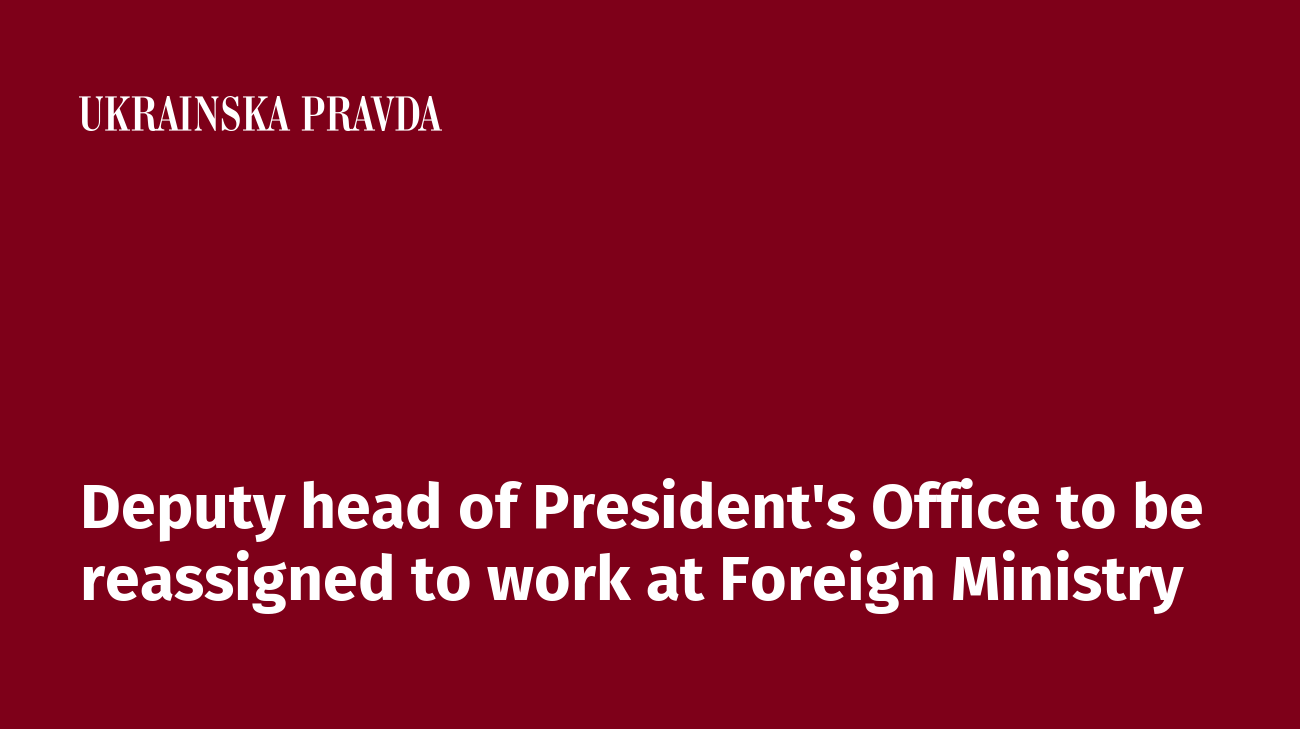Spring Budget 2024: What will markets look out for? Gilts, rabbits and cuts
Given the state of the UK's public finances, investors may get jittery if Hunt pulls too many rabbits out of the hat.


Markets will be paying close attention to the Spring Budget tomorrow, with memories of Liz Truss’ mini-budget still fresh in the memory.
Unlike Truss, Chancellor Jeremy Hunt is expected to announce a relatively modest set of tax cuts on Wednesday, with another 2p cut to National Insurance expected alongside a further freeze in fuel duty.
But given the state of the UK’s public finances, investors may get jittery if Hunt pulls too many rabbits out of the hat.
A key focus for investors will be the gilt remit, the government’s expected financing needs in the coming financial year. Markets expect the gilt remit to rise to around £270bn, up from just under £240bn last year.
This would make it the second heaviest year for gilt issuance behind the pandemic. The difference between now and then is that the Bank of England will also be selling gilts rather than buying them, as it was in the pandemic.
The private sector will therefore have to absorb record quantities of gilts, which may force up the cost of government borrowing.
The increase in the government’s financing needs is likely to be a “headwind” to gilts, analysts at BNP Paribas said, suggesting it creates “upside risks to gilt yields”.
Sanjay Raja, chief UK economist at Deutsche Bank, said gilts could also come under pressure if the Chancellor were to announce deep spending cuts on departmental spending.
“We expect very marginal cuts to departmental day-to-day and capital spending – anything more could leave markets concerned about the sustainability of the current public finances outlook,” he said.
But analysts at Pantheon Macroeconomics said the gilt market would be unlikely to pay too much attention to Wednesday’s “political theatre”, because both parties will likely have to raise taxes after the election.
“This won’t be the 2022 ‘mini-Budget’ when Liz Truss argued for a different way of running tax policy, commissioned no OBR forecasts and challenged the BoE,” they said.
The Spring Budget could provide a tailwind for sterling, however. Expansionary fiscal policies tend to support domestic currencies, because interest rates rise to reflect the increase in borrowing which in turn attracts foreign capital.
Francesco Pesole, an FX strategist at Dutch Bank ING, said “a moderately-sized tax relief package (i.e., one that does not trigger turmoil in gilts) can probably give some support to GBP this week”.
Shreays Gopal, a strategist at Deutsche Bank, agreed. “Our working assumption is that, to a point, the higher level of spending the better it is for sterling,” he said.
This rests on the assumption that the Bank would increase interest rates to offset any inflationary pressures. Gopal also pointed out that the UK is no longer an outlier in terms of inflation, as it was at the time of the mini-budget.



